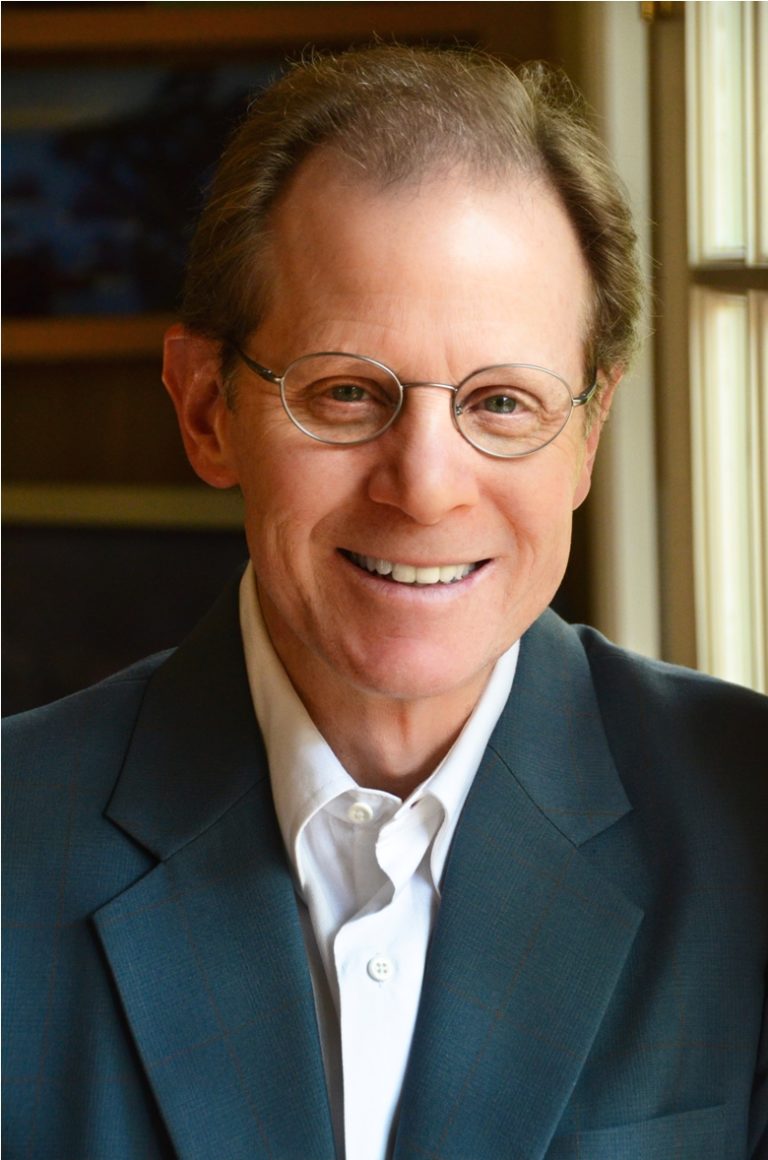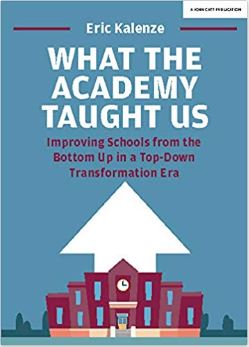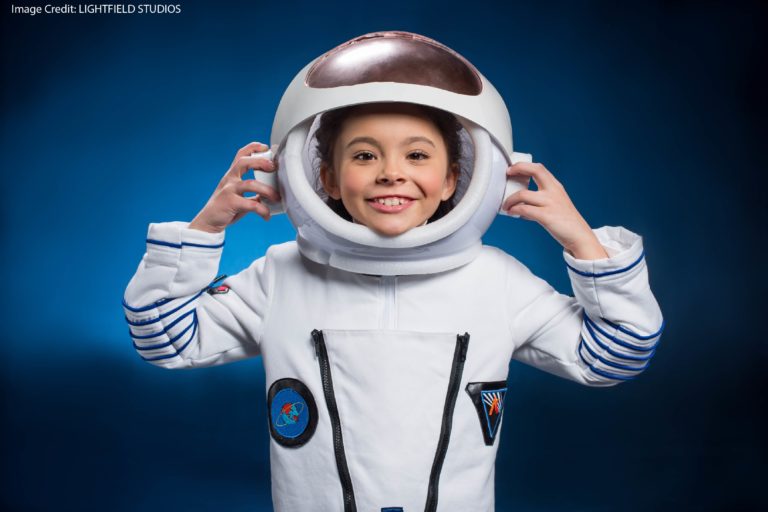-
ABOUT THE AUTHOR
Andrew Watson
Andrew began his classroom life as a high-school English teacher in 1988, and has been working in or near schools ever since. In 2008, Andrew began exploring the practical application of psychology and neuroscience in his classroom. In 2011, he earned his M. Ed. from the “Mind, Brain, Education” program at Harvard University. As President of “Translate the Brain,” Andrew now works with teachers, students, administrators, and parents to make learning easier and teaching more effective. He has presented at schools and workshops across the country; he also serves as an adviser to several organizations, including “The People’s Science.” Andrew is the author of "Learning Begins: The Science of Working Memory and Attention for the Classroom Teacher."
Tags
ADHD adolescence attention autism book review boundary conditions classroom advice conference speakers constructivism/direct instruction creativity desirable difficulty development dual coding elementary school embodied cognition emotion evolution exercise experts and novices gender high school homework intelligence long-term memory math methodology middle school mind-wandering mindfulness Mindset motivation neuromyths neuroscience online learning parents psychology reading retrieval practice self-control skepticism sleep STEM stress technology working memoryRecent Comments
- Goals, Failure, and Emotions: a Conceptual Framework |Education & Teacher Conferences on “Learning from Mistakes” vs. “Learning from Explanations”
- From Destruction to Rebuilding: Hope in Science’s Down Cycle on When Analogies Go Wrong: The Benefits of Stress?
- Dual Coding: Boosting Learning Through Words and Images – White Dragon of East County on Visual & Verbal: Welcome to “Dual Coding”
- "All People Learn the Same Way": Exploring a Debate |Education & Teacher Conferences on The Goldilocks Map by Andrew Watson
- URL on Difference Maker: Enacting Systems Theory in Biology Teaching, by Christian...
ABOUT THE BLOG

Starting the Year Just Right: Healthy Skepticism
Adults prefer natural settings to urban ones. We can easily imagine an evolutionary explanation for that preference. But: do children share it? Continue reading
Home News
Congratulations to one-time Learning and the Brain blogger, Dr. Kate Mills. The Association for Psychological…

How Best to Achieve our New Year’s Resolutions
Psychology research can help us accomplish our New Year’s resolutions, even if we’re offered tempting cake. Continue reading

“Educating Anxious Brains”: Digging Deeper
I wrote two weeks ago about our first 2020 education conference: Educating Anxious Brains, in San…

Battles Worth Fighting: “What the Academy Taught Us”
A recent book on changing school systems offers valuable advice to teachers interested in psychology and neuroscience research. Continue reading

How to Find Happiness
At this time of year, we can easily get distracted by things. If I have…

A Holiday Present for the Teacher/Skeptic (in Beta)
A new website helps us confirm — or disconfirm — research findings that (perhaps) ought to guide our teaching. Continue reading
![AdobeStock_287310727 [Converted]_Credit](https://www.learningandthebrain.com/blog/wp-content/uploads/2019/12/AdobeStock_287310727-Converted_Credit-768x569.jpg)
Understanding (False) Learning Styles Beliefs
When people say they “believe in learning styles,” what exactly do they mean? Recent research helps answer that question…and thereby offers strategies for helping change their minds. Continue reading

Introducing Our 2020 Education Conferences
The first of our 2020 education conferences will focus on Educating Anxious Brains. Scholars, teachers, and community leaders will describe the effects of stress and trauma, and share proven strategies for improving lives and school. Continue reading

Balancing Direct Instruction with Project-Based Pedagogies
Tom Sherrington’s essay on direct instruction and project-based pedagogies is now available on his website. And: it prompts important questions about the novice/expert continuum. Continue reading

